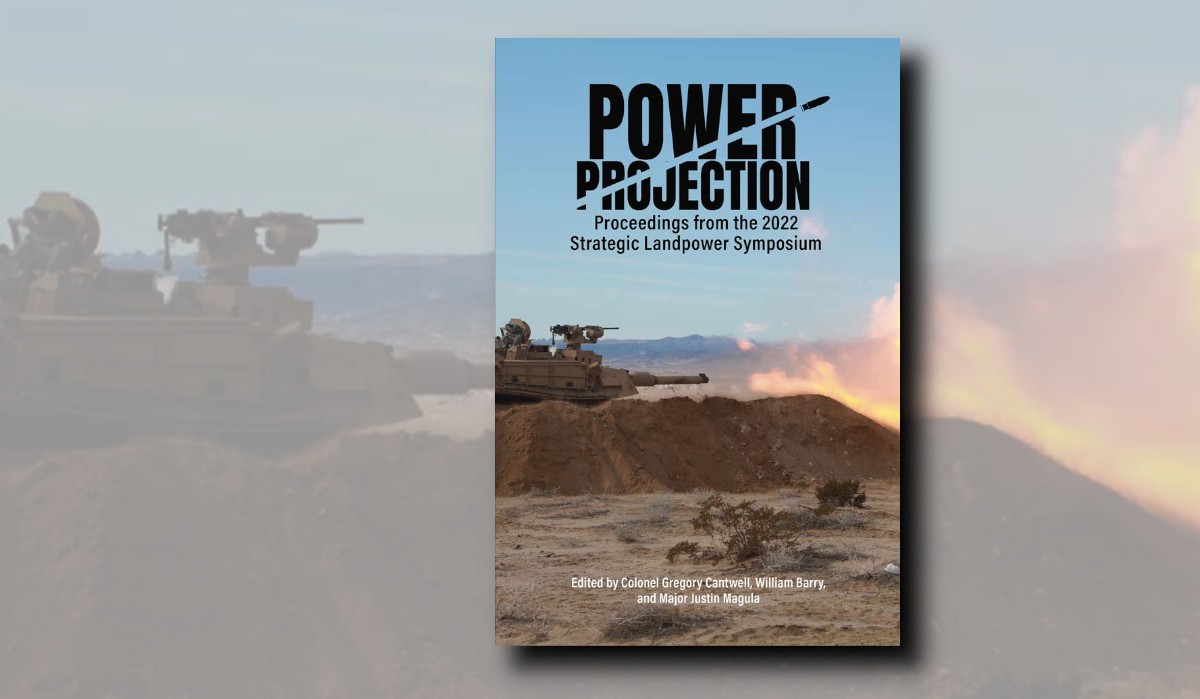As Daesh’s so-called ‘Caliphate’ continues to fracture in the Middle East, Australia and its neighbours must be prepared for further attacks like Marawi in South East Asia (SEA). Australia needs to shift its focus back to SEA and lead a regional Information Operations campaign to combat Daesh.
As the Daesh inspired siege of the southern Philippines’ city of Marawi enters its 8th week, there has been a change in the strategic narrative in Australia with senior US military leaders and the intelligence community calling on the ADF to play a greater role combating Daesh in South East Asia (SEA).
The Daesh attack on Marawi has resulted in the deaths of 82 government troops, 44 civilians and 300 terrorists. It has caused the destruction of schools and churches, and internally displaced over 400,000 civilians.
Daesh fighters in Marawi have acquired a sophisticated terrorist skill set – one that is more commonly found in places like Mosul and Raqqa. They infiltrated, seized and currently hold urban terrain. Their use of snipers, booby traps and IED attacks have slowed the military’s advance and prevented the rescue of 100 civilian hostages held by Daesh in the city centre.
In Marawi, Daesh have fought with a tactical and operational proficiency learned on the battlefields of the Middle East. These skills have now been exported to a new front in SEA with foreign fighters from Malaysia, Indonesia, Chechnya and Yemen supporting Daesh’s affiliates in the Philippines.
In response, the Duterte government has declared martial law on the island of Mindanao and deployed troops from the three services of the Philippines’ Armed Forces, including the Marines. They have accepted US assistance with the reported deployment of US Special Forces and the conduct of joint maritime patrols in the Sulu Sea to the south – denying Daesh the ability to reinforce its numbers through this porous maritime border.
Australia’s contribution has been relatively modest but accepted by the Government of the Philippines who await the deployment of two RAAF AP-3C Orion Aircraft. Predictions in the 2009 Defence White Paper that the threat of Islamist Terrorism in SEA would 'probably diminish' now appear unlikely. This reality was personally experienced by one member of the Australian media last month.
The siege in Marawi now confirms an often-cited concern that as the US military-led coalition’s noose around Daesh’s strongholds in Iraq and Syria tightens; Daesh will seek new destinations to target. Daesh have declared SEA as an ongoing target.
Against this growing threat, one response option Australia may consider is a regional counter-Daesh Information Operations (IO) campaign. Such a campaign would prepare the ADF and its ASEAN partners for what may become a generational effort to combat Islamist Terrorism in the region.
ADF doctrine defines IO as the kinetic and non-kinetic actions undertaken against the capability, will and understanding of target systems and audiences. IO focuses on an adversary’s decision-making processes. IO is conducted through the application of 16 different Information Related Capabilities (IRC) which range from the kinetic (such as destroying the enemy) to the non-kinetic (such as military public affairs).
The ADF could consider the following three IRC in support of the campaign:
Civil Military Cooperation: Through greater involvement in existing counter-Daesh initiatives currently operating in SEA such as the Regional Digital Counter Messaging Communications Centre in Malaysia. Alternatively, Australia has an opportunity to lead the development of a multilateral Centre for Information Operations in SEA. Headquartered in Singapore or Kuala Lumpur, the centre would develop and apply a regional IO campaign targeting Daesh in support of the US led global coalition. The military headquarters would invite advisers from AFP, AG and DFAT with their equivalent counterparts from ASEAN.
This approach would implement aspects of the US-UAE Sawab Centre established in 2015, focused on the Middle East and tasked with countering Daesh messaging online. The US has made initial investments in this approach in SEA by establishing Malaysia’s Regional Digital Counter Messaging Communications Centre. Funded by the US the Centre was established to support the Global Coalition Against Daesh. China was welcomed to the Centre in January and reports suggest that Australia and New Zealand have also been invited.
Key Leadership Engagement (KLE): Assign additional embassy roles for ADF staff at key embassies in SEA including Jakarta, Singapore, Kuala Lumpur, Bangkok and Manila. These staff would serve as IO Liaison Officers (LO) tasked to conduct KLE in support of the regional counter-Daesh IO campaign led by HQJOC from Canberra. LO positions would be filled by linguistically proficient IO qualified WO2/MAJ with an Intelligence or Combat Corps background. LO would be tasked to identify and influence key members of the target community. They would liaise with partners in the host nation and would provide the ADF a further intelligence function in preparation for kinetic military operations against Daesh.
Military Networking: Leveraging the close relationship the ADF maintains with its ASEAN counterparts, predominantly through the joint exercises and exchanges conducted between Australia and its ASEAN partners, Australia can promote a greater focus on IO readiness and capability. This would be achieved through the conduct of IO specific training serials and courses targeting unconventional adversaries in SEA. Further opportunities include inviting representatives from ASEAN to attend a tailored ADF Information Operations Course as both students and visiting lecturers as well as sending study teams and students to learn from the successes and mistakes of our neighbours in combating Daesh.
The ADF is now in its 16th year combatting Islamist Terrorism. The investment the United States has made in leading the coalition to defeat Daesh indicates the permanency of the threat posed. The implementation of the proposals outlined above, and an acceptance that an IO campaign to defeat Daesh in SEA will require a long-term multilateral investment will best position the ADF and SEA for the increasingly likely need for combat operations to defeat Daesh in the region.



